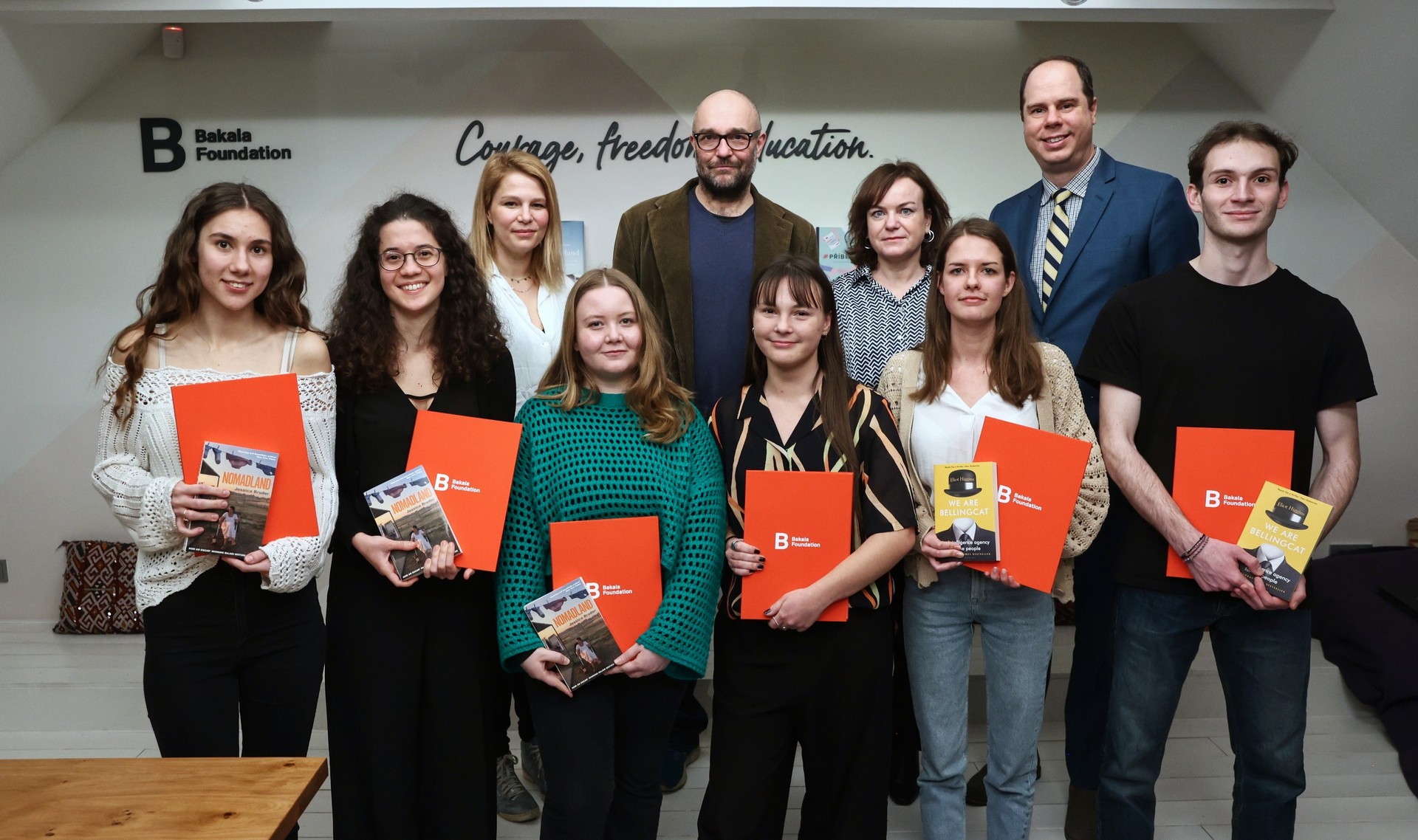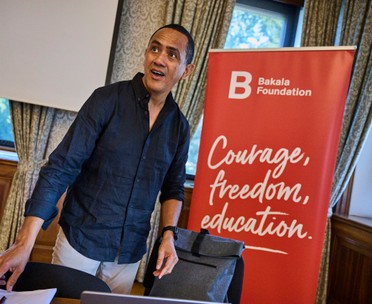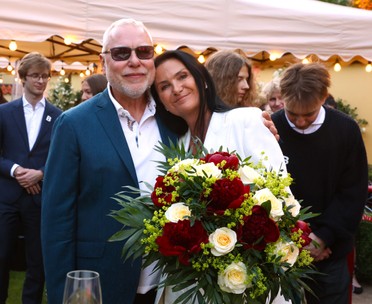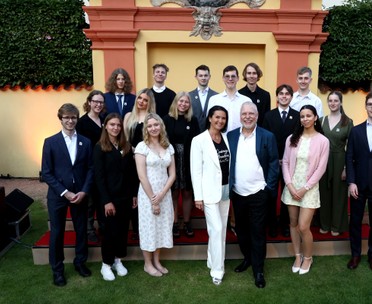

Achilles Data
Hungarian students are winners of the Achilles Data Program 2023
March 28, 2024
What it's like to become an investigative journalist and uncover the cases that are moving Central Europe? Participants of the Achilles Data program had the opportunity to experience that under the guidance of experienced mentors. Are Roma children in Slovakia unfairly placed in special schools? What influence did the Telegram network have on the outcome of the Slovak elections? What are the prospects for regulating the sale of kratom and other psychotropic substances? Students tried hard to find an answer to these questions.
"Experts we spoke to laughed at the renewable energy project from Azerbaijan. A few articles appeared in Hungary about the topic, but we wanted to go more in-depth. We are all interested in politics, and especially European politics, that's why we took up such a difficult cause," explains Luca Flóra Tárkányi, a student of the winning Hungarian ELTE Media team.
In their investigative work, they revealed the background of the "energy megadeal". Almost 1,200 km of electric cable is to be laid by 2030 bringing energy from renewable sources from Azerbaijan to Hungary. The experts, however, see the whole project as absurd.
Four countries, eight teams
On Thursday, March 21, the seventh year of the Achillova Data program culminated in the Student Hub of the Bakala Foundation. A total of 30 students from the Visegrad countries tried to get to the bottom of the financial connection between the church and politics in Slovakia, the sale and influence of psychotropic substances such as kratom, CBD or HHC, or how the narratives of disinformation websites and influencers on Telegram influenced the outcome of the Slovak elections. Topics such as bossing and inappropriate behavior towards women in Czech media houses, the placement of Roma children in special schools in Slovakia, or the winning proposal to import energy from Azerbaijan to Europe were also covered.
8 teams presented the results of their work at the official finale of the Achilles Data 2023/2024 program. This year, the imaginary trophy for the best investigative work went to a Hungarian team consisting of 6 students from the Loránd Eötvös University of Budapest. The team's mentor was Veronika Munk, a Hungarian journalist and director of innovation and new markets of the Slovak Denník N.
This year, for the first time, the program was extended beyond the borders of the Czech Republic and Slovakia, and students from Poland and Hungary were also invited to participate.


